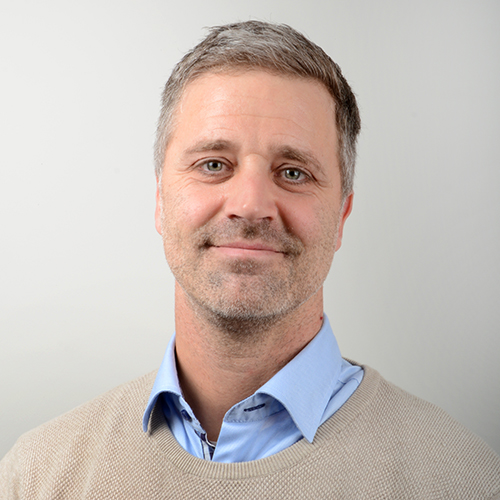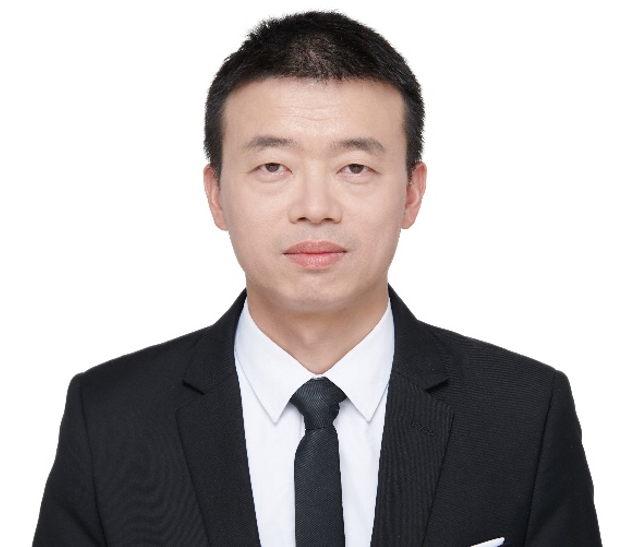Keynote Speakers

Dr. Jean-Sébastien L'Heureux
1st Rolf Sandven Lecture “On the use of Geo Test Sites for developing soil characterization methods and geotechnical solutions – The Norwegian experience”
In NGI’s more than 70 year’s history the use of benchmark test sites has been very important. Geotechnical experimentation sites in Norway have helped advancing the state of the art in areas such as in situ testing, instrumentation, prediction of soil behaviour, and foundation prototype testing. Focus has mainly been on soft clay behaviour, but other soil test sites on sensitive clay, silt, sand and permafrost also exist. Over time, the sites have helped developing new equipment and methods for soil characterization and to calibrate our geotechnical solutions. Several benchmark test sites are still being actively used in Norway today.
This Keynote lecture will give a short review of Norwegian experience with benchmark test sites and show examples of their practical use. Focus will be given to the development and verification of in situ tools and geophysical surveying methods in clay and silt.
Speaker Bio
Dr. Jean-Sebastien L’Heureux is a technical expert at the NGI in Trondheim, Norway. He has over 15 years of experience in geotechnical engineering practice, characterization of sensitive clays, hazard and risk mapping and design of landslide mitigation measures. He obtained his PhD in geotechnical engineering from NTNU in Trondheim, Norway in 2009. His research and practical work have over the years focused on integrating knowledge from geology, geotechnics and geophysics to solve engineering problems in civil engineering. He has until now authored and co-authored over 120 scholarly papers.

Prof. Chong Tang
Benchmarking Geo-Test Sites for Improving Foundation Geotechnical Analysis and Design
Unlike man-made materials like steel and concrete, soils and rocks are naturally occurring, with properties that vary between sites and even between boreholes within the same site. This variability in ground conditions reflects the inherent randomness of geologic materials, which can only be assessed through site investigation. The accuracy of parameters determined through these investigations is often uncertain due to several factors: sample disturbance and size effects during lab testing, limited data on ground conditions (e.g., few boreholes or tests), and reliance on empirical, non-site-specific correlations to estimate soil/rock properties from in-situ or geophysical tests. To reduce these uncertainties, improvements can be made by using high-quality data, gathering additional information, and applying advanced predictive models, including Bayesian frameworks.
Geotechnical analysis and design also face challenges due to imperfect models and necessary assumptions, leading to variability in predictions of quantities of interest (e.g., foundation capacity and movement), even when using advanced methods like finite element analysis.
The lecture proposes using national geo-test sites and benchmarking tools to assess the effectiveness of multivariate and quasi-site-specific models in improving predictions of foundation behavior. It also aims to explore an interdisciplinary, data-driven model that better integrates geotechnical and geophysical data for more accurate predictions of the behavior of footings and piles.
Speaker Bio
Dr. Chong Tang is a Professor at Dalian University of Technology in Liaoning Province, China. He obtained his PhD in geotechnical engineering from National University of Singapore in 2014. Dr. Tang is particularly interested in the development and use of databases of geotechnical information (e.g., site investigation and foundation loading test) for engineering practice. He was bestowed the ASCE Norman Medal in 2020. He has authored 1 book Model Uncertainties in Foundation Design (CRC Press, 2021) and edited two books Databases for Data-Centric Geotechnics. Volume 1: Site Characterization and Volume 2: Geotechnical Structures (CRC Press, 2024).
